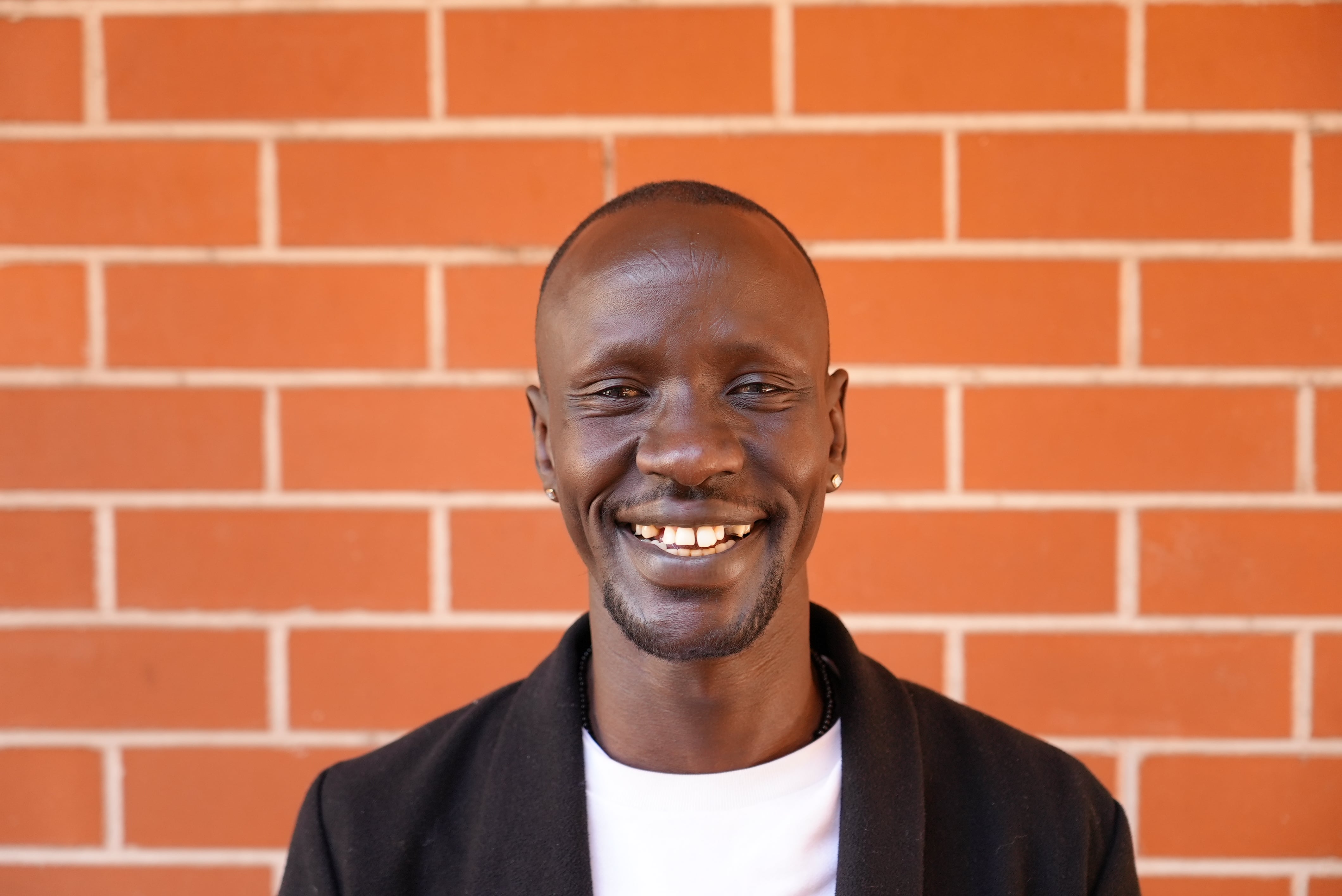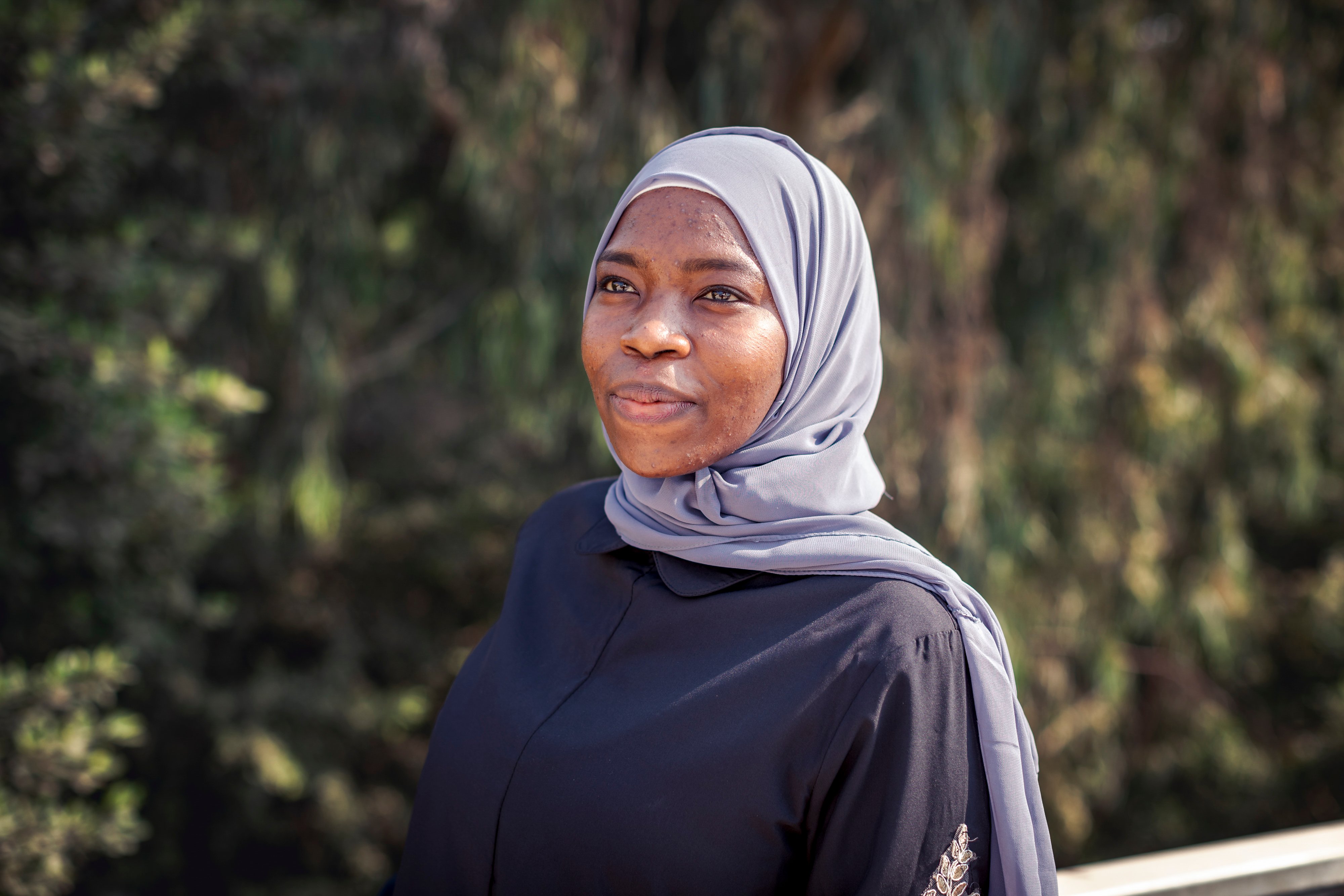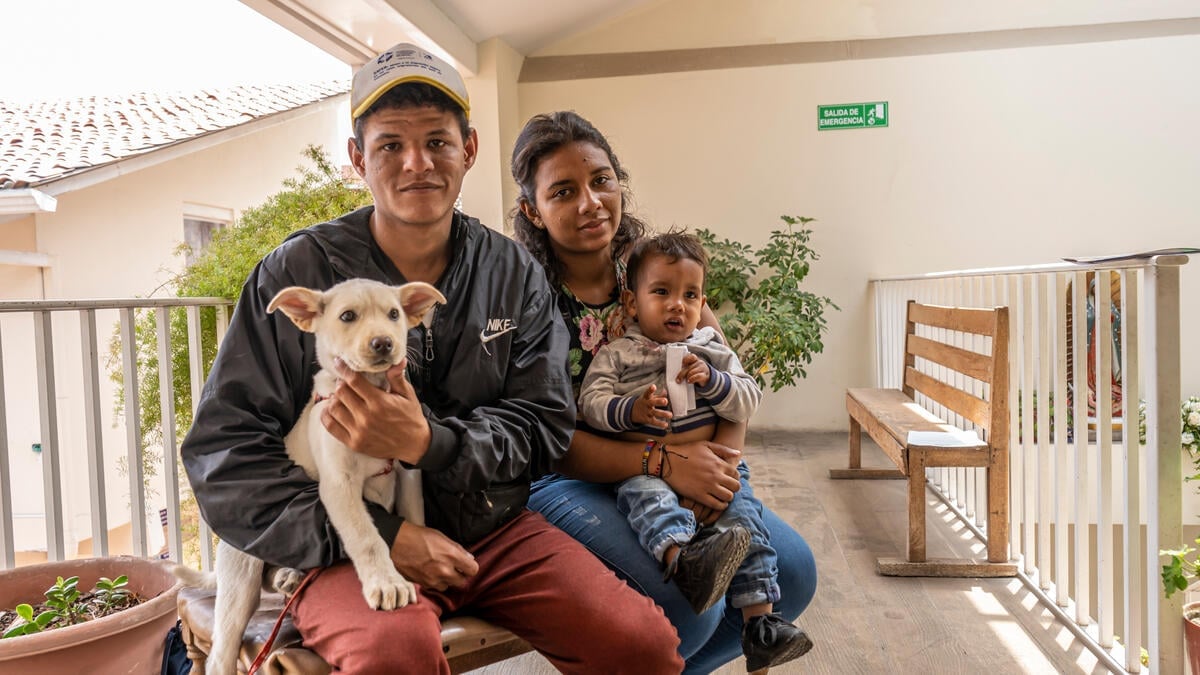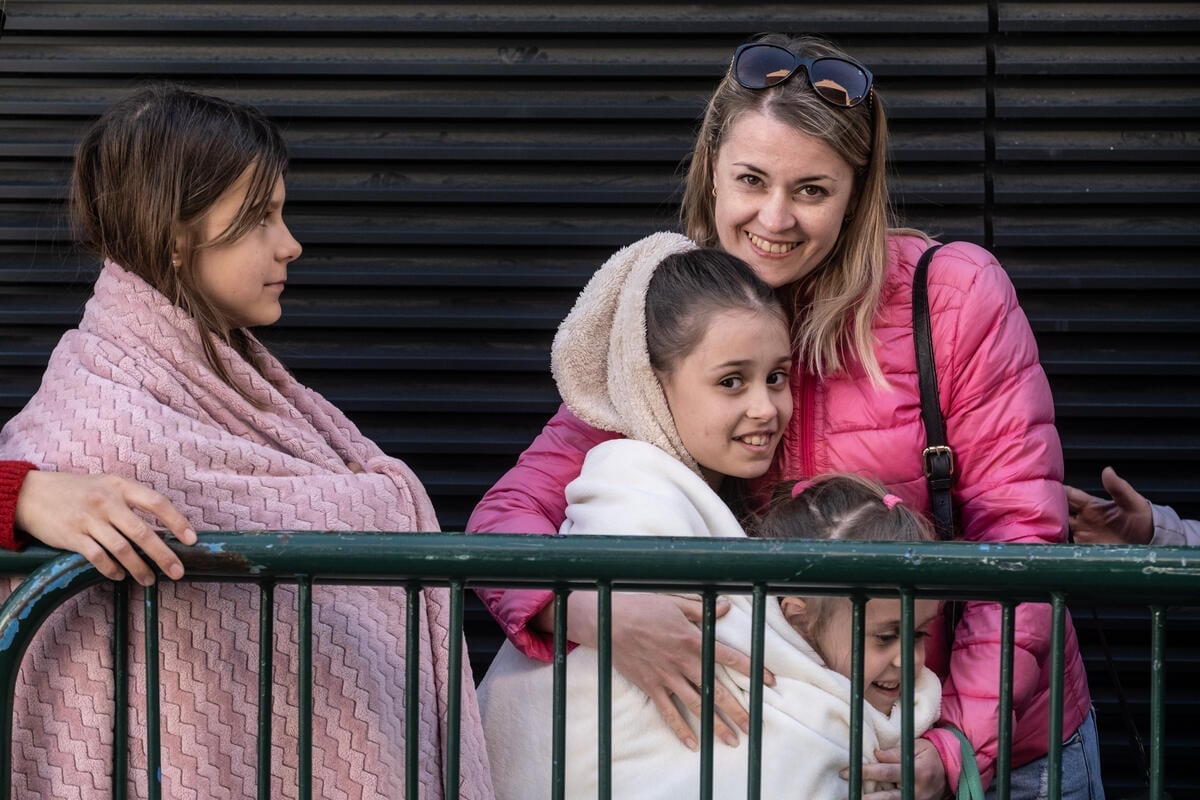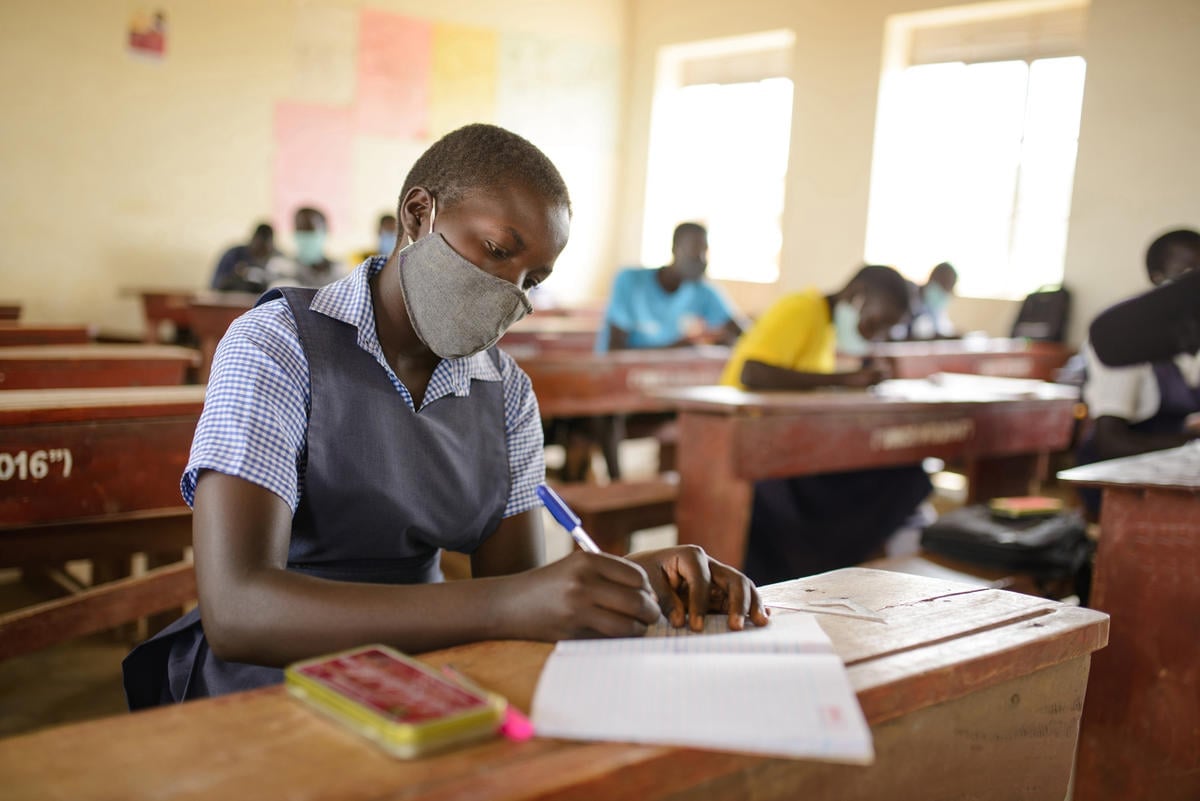UNHCR hands over school to Zambian government
UNHCR hands over school to Zambian government

MPOROKOSO, Zambia, April 27 (UNHCR) - The UN refugee agency this week handed over a secondary school to the Zambian government, a move that will improve education prospects for both local and refugee youths in northern Zambia.
The handover ceremony took place on Monday at Mwange refugee camp in Mporokoso, a town in Zambia's Northern province. UNHCR staff members, senior provincial, district and traditional authorities basked in the festive air, enjoying the ululating and dances by refugees and the Zambian host community.
The new school - Kalabwe Secondary School - was built by UNHCR at a cost of ZK320 million (more than US$66,000) after the agency and the Zambian Education Ministry identified the need for an additional secondary school in the district. The new school consists of an administration block, three classroom blocks with a total of nine rooms, and has the capacity to seat 600 students. It is expected eventually to provide higher education to children from nine basic schools and 10 community schools in the area.
Gabriel Kaunda, the Northern Province's Deputy Permanent Secretary, received the school on behalf of the Zambian government. He explained that for a long time now, Mporokoso district had only one secondary school which, owing to limited places, could not cater for many eligible school-going children.
In this regard, he thanked UNHCR for ensuring that its assistance does not only benefit refugees, but the host community as well. "I wish to commend the strong partnership my government continues to enjoy with UNHCR," he said. "I also wish to advise the beneficiaries to look after the property properly."
While Monday's handover gave the authorities the right to use the new school, the Zambian Ministry of Education is expected to assume total ownership of it and will ensure its sustainability in line with the guiding principles of the ministry.
UNHCR's Regional Representative in Zambia, Ahmed Said Farah, assured the crowd of the refugee agency's commitment to providing protection and assistance to refugees, at the same time ensuring that the host community benefits from various services rendered to refugees, such as education and health.
"I am glad that we are doing our best to help make the lives of refugee-hosting communities and refugees here as dignified as possible through these essential facilities and infrastructure," he said.
Patrick Kamona, a refugee leader at Mwange, said that for a long time, refugees in the camp could only study up to Grade Nine. Therefore, the opening of the school would enable the refugees to attain higher education.
Another refugee, Eva Samalesu, noted that the school would enhance harmonious co-existence between the refugees and the host community.
Most of Zambia's refugee camps and settlements are located in remote and the least developed parts of the country. Despite limited resources, these areas have to bear the impact of hosting refugees.
Starting in April 2003 under a joint government/UNHCR project with support from various donors, the Zambia Initiative has been working steadily to reduce poverty and promote development among refugees and their host community in the country's Western province. The area is one of the least developed parts of Zambia, and hosts the biggest number of refugees, mostly from Angola.
UNHCR's Farah noted that although the implementation of the Zambia Initiative will extend to North Western Province this year, UNHCR will continue to play a catalytic role to lobby donors to provide funds to assist refugee-hosting communities in Northern and Luapula provinces hosting Congolese refugees.
By Kelvin Shimo in Mporokoso, Zambia


